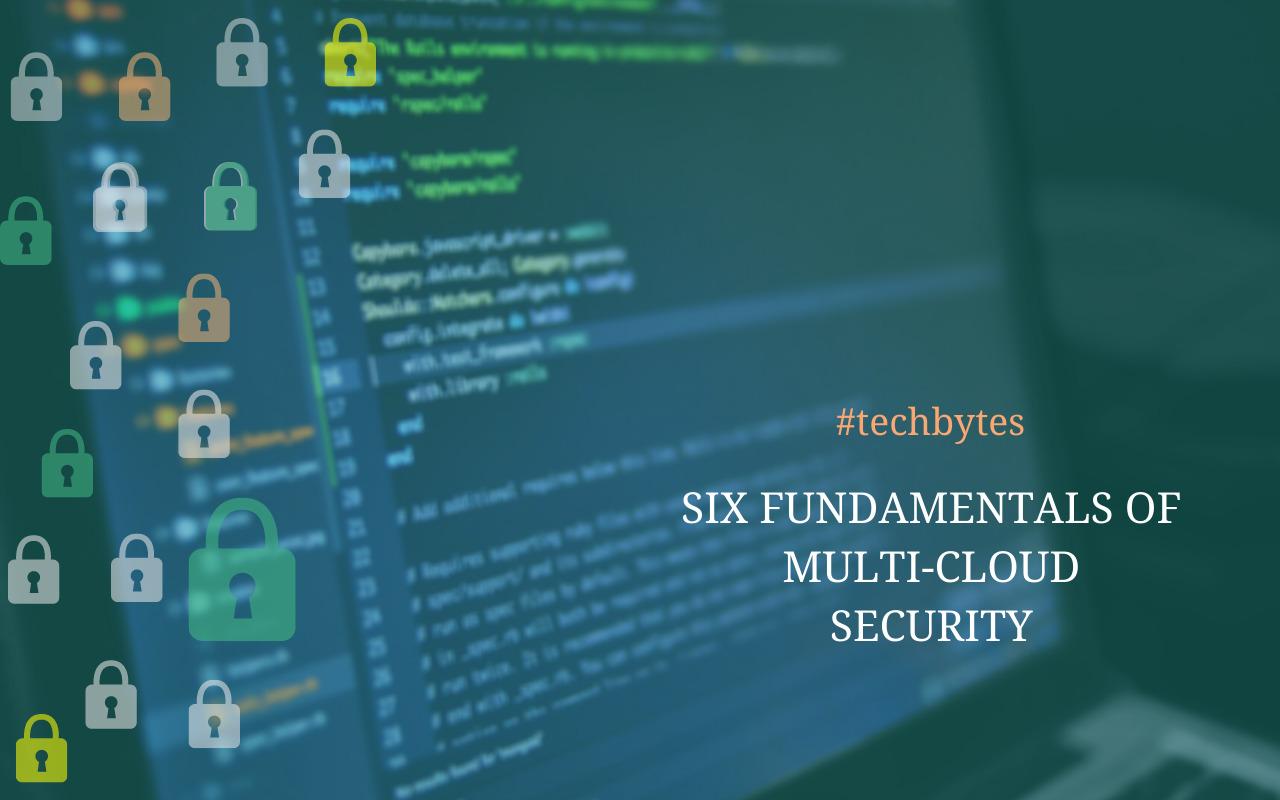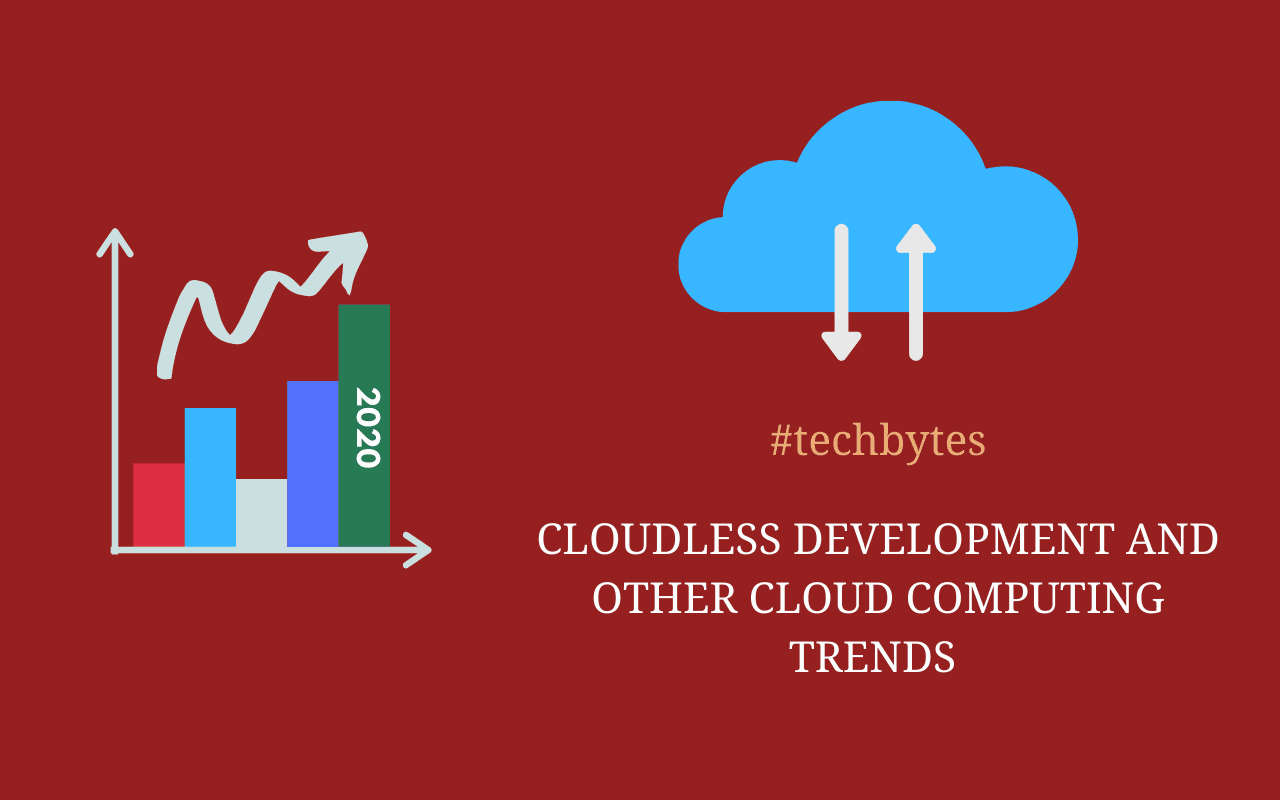
What is Cloud Computing Security and Security Risks – Techbytes
As the world moves towards cloud computing as the de facto technology concerns about its risks and security surface.
What is cloud computing and cloud computing security? Also, what are the current risks associated with the platform?
What is Cloud Computing?
Cloud computing is basically delivering different kinds of services, such as software, tools, networking, databases, servers, and data storage on the internet.
Traditionally, apps, software, and services are normally stored or installed in hardware, e.g., a hard drive or computer. Cloud computing, however, makes use of a remote database to run the software and data with the internet as the medium.
Cloud computing has risen in popularity among consumers, businesses, and governments due to the benefit it brings. Adopting technology could mean greater speed, productivity, efficiency, and organizational performance.
It's worthy to note that the term 'cloud' means all the processing and crunching data is done away from the hardware, and usually by a server located somewhere else.
Examples of cloud services include video and audio streaming, software on demand, app creation and testing, email and retrieval, backup and storage of data.
What is Cloud Computing Security?
Now that we've defined what cloud computing is, let's take a look at the security behind it.
In a nutshell, cloud security is the protective aspect behind the delivery of cloud computing services. It encompasses a variety of measures to stop deletion, leakage, and theft of the data that's stored in the cloud.
For example, a laptop user can install an anti-virus, a firewall, a VPN, and set a local password to stop others from trying to access, copy, or steal information from it.
In the same vein, cloud security mostly utilizes setting up VPNs, tokenization, and firewalls, as well as obfuscation, penetration testing, two-factor authentication, and other means to try and stop malicious entities from gaining access to the data.
The Security Risks of Cloud Computing
The most common and main concerns regarding cloud computing are the following:
- Loss of revenue and customer trust
- Identity theft
- Data breach and malware
- Compliance violations
It's understandable to believe that cloud computing is more vulnerable to these elements compared to on-premise IT. However, technology regarding cloud security is still growing by leaps and bounds, and they can be just as reliable.
Cloud services are divided into three main categories.
- Infrastructure as a Service
- Platform as a Service
- Software as a Service
All of these cloud services may have these security concerns:
-
Malware
Any device, data center, or service can be attacked as long as they're connected to the internet, which is a hallmark characteristic of a cloud computing service.
As most of the computing and processing comes from the cloud, a single intrusion can lead to serious disruption.
Aside from malware, DDoS, or Distributed Denial of Service has become quite commonplace. The process involves crushing the cloud service distributor's servers by overloading it with traffic.
-
Data Loss
The shift from local to cloud cedes a level of control to the service provider in exchange for significant benefits.
Organizations and users no longer have to buy or upgrade their hardware or equipment and enjoy significant savings they can allocate to other things.
The fact that the service can be accessed anywhere and using a wide range of everyday devices makes cloud computing more convenient. However, this is a double-edged sword since it's always online and thus can be targeted at any time.
Businesses will have a reason for concern knowing their customer's sensitive data is in another company's hands. If the cloud service is attacked and breached then the outcome is usually a loss of data, e.g., intellectual property, private information, and trade secrets, among others.
-
Compliance and Legal Concerns
Staying compliant is now more difficult than ever due to new regulations such as HIPAA and the GDPR.
Today, there are many concerns over data privacy and the process it entails. Companies must have a clear set of rules on what type of data is collected and what they do with it. Cloud computing can make things more complicated as data gets transferred to a third party server.
The Importance of Cloud Security
Most cloud service users have the right to be concerned about how their data is kept safe from prying eyes. Because it's a relatively new technology, you could be concerned about the risks associated with cloud services and think that they're inferior to locally-kept servers.
Cloud computing security when done right can be better since they have a plethora of security measures to keep their client's data safe. Furthermore, cloud computing employees are well-versed in online security and are considered experts in their fields.
On-site data are also vulnerable to cyberattacks, particularly social engineering, malware, and others. Its employees also tend to be less experienced and are usually unable to detect the threats or stop them.
Cloud Computing Data Security Measures
Cloud computing security has a few more tricks up its sleeve that traditional IT infrastructures don't.
The most notable measures in mind are setting up dedicated cloud security and scaling it as your enterprise grows.
Managed Cloud Security
Enterprises can invest in better cloud security across their departments. Specifically, they can hire cloud providers who can manage their IT services and improve them to greater heights.
For example, a managed cloud provider will know how to protect data in the cloud and come up with efficient solutions that are better than traditional IT platforms. Training the employees to recognize a cyberattack can also mitigate risks in cloud computing.
Scaling Cloud Computing Security
It naturally makes sense to grow your cloud security as you scale up. Instead of putting all the data in one center enterprises can spread them across multiple servers in different locations.
To do this they must also allocate resources to protect, maintain, and manage cloud security. The increase in resources often exceeds that of small- to medium agencies and corporations.
Also, having multiple backups of the same data can be replicated in several data centers in order to mitigate the loss of data when it occurs.


